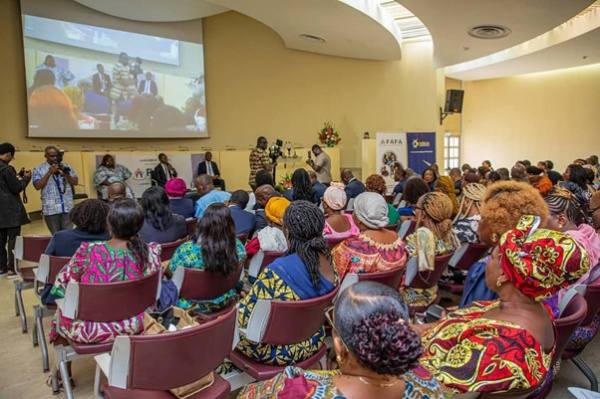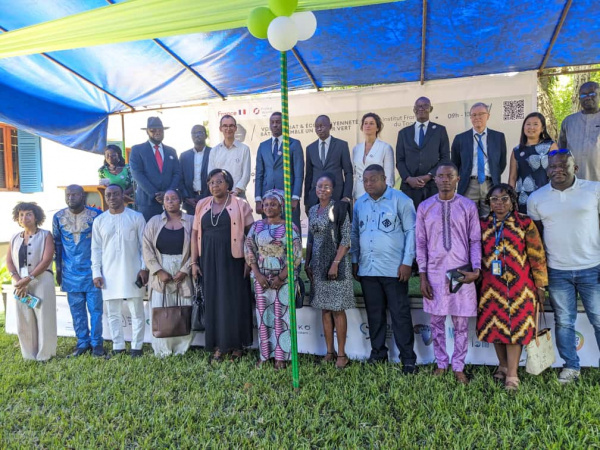The Togolese subsidiary of NSIA Assurance has officially launched “FAFA,” a groundbreaking microinsurance product. This initiative specifically targets stakeholders in the informal sector and aims to provide much-needed financial security. The West African Development Bank (BOAD) supports this promising venture.
“FAFA” is designed to protect vulnerable populations, with a strong emphasis on women entrepreneurs. These individuals often face unique challenges in accessing traditional insurance due to their low-income status. By offering a tailored solution, “FAFA” seeks to bridge this gap and make insurance accessible to those who need it most.
One of the key objectives of “FAFA” is to ensure that low-income individuals are not left behind. Many people in the informal sector lack adequate coverage, which can lead to financial distress in times of need. The product addresses this issue by offering essential guarantees that cater to their specific circumstances.
The insurance product includes coverage for critical situations such as hospitalization, accidents, and death. These protections provide peace of mind for policyholders, knowing that they have support during difficult times. Additionally, “FAFA” offers a daily allowance for those who face prolonged immobilization due to health issues, further enhancing financial security.
By focusing on women entrepreneurs, “FAFA” empowers a significant segment of Togo’s economy. Women play a crucial role in the informal sector, yet they often encounter barriers when seeking financial services. This microinsurance product not only provides them with coverage but also fosters their entrepreneurial spirit by reducing financial risks.
The launch of “FAFA” represents a major step toward inclusive insurance in Togo. It aligns with broader efforts to improve financial access for underserved communities. This initiative reflects a commitment to social equity and economic development within the country.
The support from BOAD highlights the importance of collaboration in achieving these goals. By partnering with financial institutions, NSIA Assurance can enhance its outreach and effectiveness. Such partnerships are vital for creating sustainable solutions that benefit the community.
Furthermore, “FAFA” serves as an example of how microinsurance can drive positive change. By targeting the informal sector, it addresses the needs of those who often go unprotected. This approach not only enhances individual security but also contributes to the overall stability of the economy.
As the FAFA initiative gains traction, it has the potential to inspire similar programs in the region. Other countries may look to Togo’s example as a model for expanding access to insurance for low-income populations. The success of this microinsurance product can pave the way for broader financial inclusion across West Africa.
In conclusion, the launch of “FAFA” microinsurance marks a significant milestone for Togo and its informal sector. By providing essential coverage and support, this initiative empowers vulnerable populations, particularly women entrepreneurs. With backing from the West African Development Bank, the potential impact of “FAFA” is profound. As Togo moves forward, this innovative product represents hope for greater financial security and economic resilience for those who need it most.








